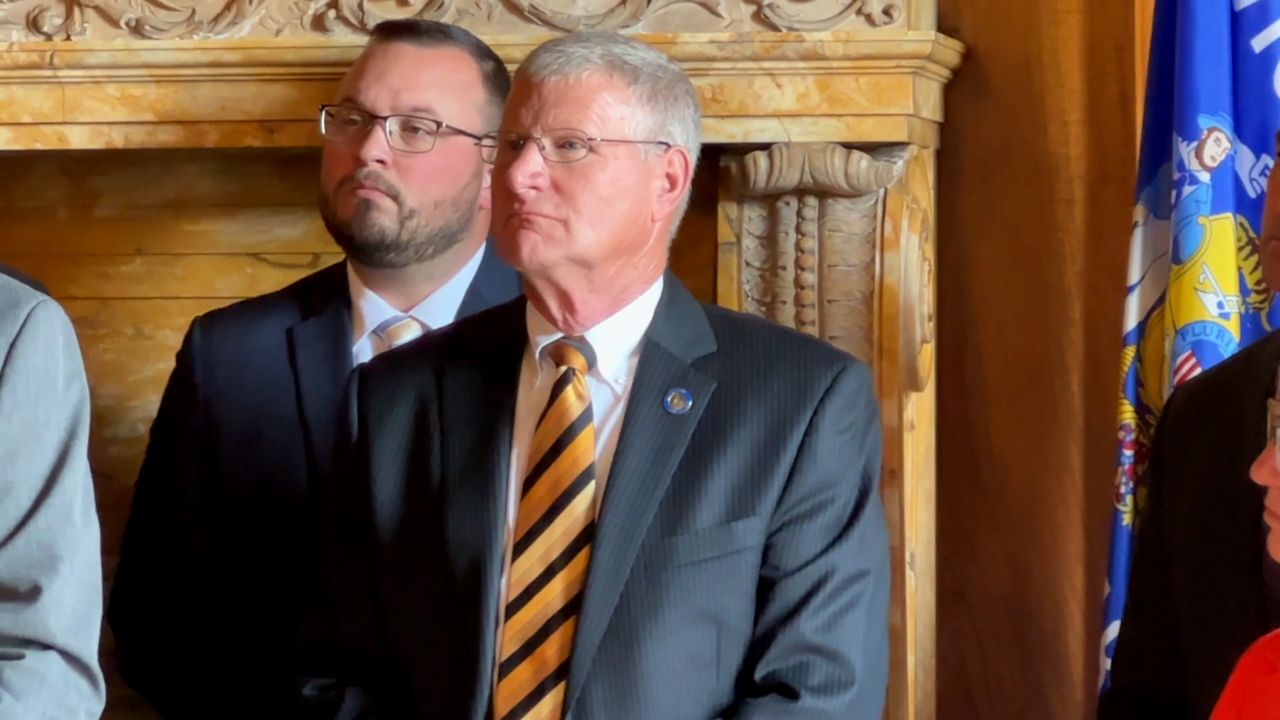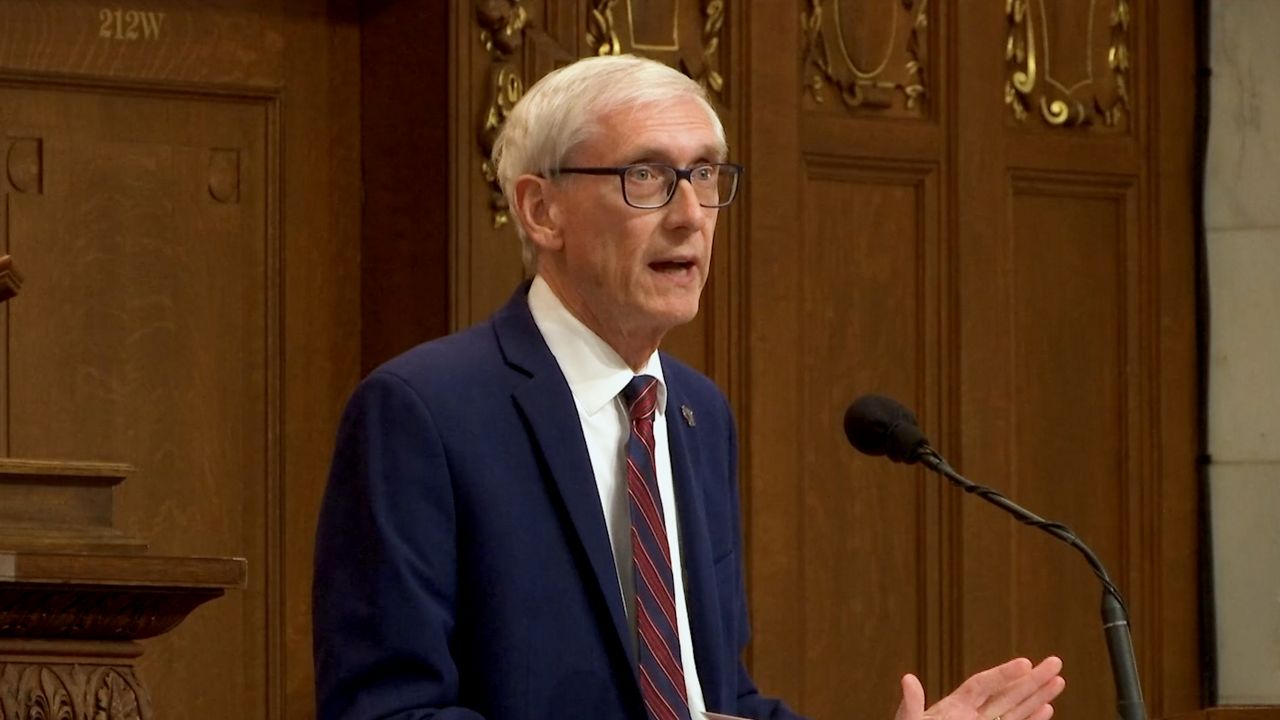MADISON, Wis. — The Wisconsin Legislature’s Joint Finance Committee (JFC), which has spent the last several months rewriting the governor’s budget proposal, wrapped up its work Thursday night on the state’s two-year spending plan, with some of the last votes cast dedicated to cutting the budget for higher education and passing income tax relief.
With a projected surplus of $6.9 billion, both sides of the aisle wanted some form tax relief. The question was always a matter of how much for whom. During his budget address in February, Gov. Tony Evers voiced his support for targeting the middle class, while GOP leaders went back-and-forth on transitioning to a flat tax.
Republicans unveiled their plan Thursday afternoon to provide a total tax cut of $4.4 billion, which includes an income tax cut of $3.5 billion and a property tax cut of $795 million. As part of the plan, Wisconsin’s current four earning brackets would also be reduced to three.
“This is a surplus that was caused by being paid in by the hard-working taxpayers of the state,” State Rep. Terry Katsma, R-Oostburg, said of the plan Thursday. “Families are hurting in [these] inflationary times, and this is a way for us to provide tax relief to them.”
Republicans said the average cut across all incomes would amount to $573 per tax filer beginning in 2023. Democrats, however, were critical of the wealthiest earners given the largest percentage cut.
“Taxpayers in Wisconsin who make more than $75 million a year, and there are 11 of them, would receive $1.8 million in tax cuts under this per year,” State Rep. Tip McGuire, D-Kenosha, told reporters ahead of Thursday’s committee meeting.

Meanwhile, the budget for UW System faced a cut of $32 million, which is an amount equal to what Republicans said has been spent on diversity, equity, and inclusion programs.
“Instead of forcing these students to view the world through a lens of race, gender or economic class, just to obtain one of these degrees, UW System ought to be teaching them different things such as critical thinking and problem solving,” State Rep. Alex Dallman, R-Green Lake, explained.
The UW System would be a half billion dollars short of the amount it had asked for, if the measure is passed with no changes. Some campus leaders have said it could mean higher tuition with fewer programs, though Democrats raised concerns the impact could go much further.
“This is an attempt for Republicans to act is if there aren’t any problems whatsoever,” State Sen. LaTonya Johnson, D-Milwaukee, said. “This is a way for them to whitewash the fact that there are problems that exist.”
Gov. Evers previously threatened to veto the budget if sweeping cuts were made to the UW System, which Republican leaders were dismissive of. Assembly Speaker Robin Vos previously told reporters he couldn’t imagine the governor would veto the entire spending plan over one issue.
However, the door isn’t necessarily closed for the UW System to receive more funding. Lawmakers said the system could get the $32 million cut from their budget back if it can prove the funds would be used for workforce development. Discussions are still underway about funding for a new engineering building on the UW-Madison campus, which was also cut from the capital budget, despite being a top priority for the UW System.

If the governor were to, hypothetically, veto the budget, the July 1 deadline for a new spending plan would not be met. However, the government would not shut down, and all current funding levels would remain in effect until a new spending plan is passed. Under those circumstances, Speaker Vos has said lawmakers likely would not resume work on a subsequent plan until October.
The budget bill currently awaits approval from the full Legislature, with votes expected as soon as next week. If the budget is approved by lawmakers in both chambers, which Republicans control, it would then go to Gov. Evers, who has three options: sign it without changes, veto the whole package, or use his powerful line-item veto to rework and tweak the bill—the most likely scenario.


